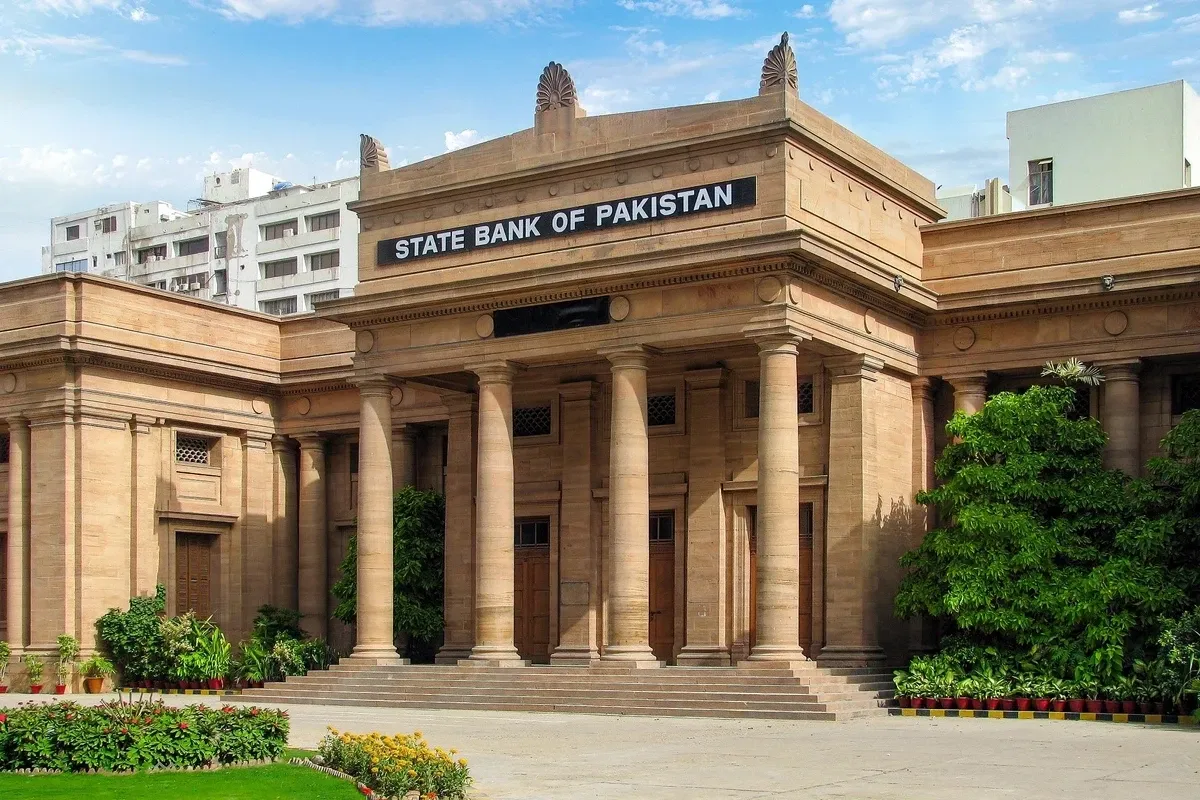SBP lifts lien rule on delayed export proceeds, unlocking funds for exporters
Central bank ends policy allowing banks to freeze exporters’ earnings over payment delays, aiming to ease cash-flow pressures and boost business confidence
Business Desk
The Business Desk tracks economic trends, market movements, and business developments, offering analysis of both local and global financial news.

The State Bank of Pakistan (SBP) has withdrawn a regulation that allowed banks to place liens on exporters’ funds in cases where export proceeds were delayed, a move expected to significantly ease cash flow constraints for the country’s exporters.
Under the rule, in effect since March 2023, banks were authorized to freeze payments due to exporters if foreign buyers delayed remitting funds beyond a specified period. This measure, introduced to ensure compliance with foreign exchange regulations, had drawn criticism from exporters for restricting access to their own earnings.
With the withdrawal of the rule, banks—also referred to as Authorized Dealers—are now directed to immediately release all funds previously held under lien due to delayed export proceeds.
“This is a major relief for exporters,” said a senior banking executive. “It unblocks working capital and removes a key bottleneck from the system.”
While the lien requirement has been scrapped, the SBP will continue to monitor overdue export proceeds. Banks are still required to report outstanding export bills on a biweekly basis using Appendix-V20 and V21 forms. However, they are no longer obligated to freeze exporters’ funds while awaiting payment or regulatory clearance.
Banks have also been instructed to notify all affected exporter clients about the policy change and the release of previously held funds.
Industry reaction and impact
The move is widely viewed as a pro-business step, aimed at improving liquidity and reducing administrative burdens on both banks and exporters. While exporters regain immediate access to delayed payments, the SBP retains oversight by continuing its reporting mechanisms.
“This strikes a better balance,” said an industry analyst. “It promotes compliance without punishing exporters with cash-flow disruptions.”
A leading exporter who explained the changes to Nukta said that the Foreign Exchange Manual, which dealt with delayed realization of export proceeds, has been ended.
Exporters will get quick access to funds that were previously held by banks. Banks will now focus on reporting overdue export bills instead of blocking payments. This will add more dollars to the market in the short term.
For exporters, this means better cash flow and fewer restrictions. But it also means businesses must act responsibly in bringing back export earnings on time to keep the currency stable.
For treasury teams, it's a signal to review cash flow plans, hedging strategies, and settlement timelines to match the new rules, he added.
The change is expected to boost confidence in Pakistan’s export sector, especially among small and medium enterprises that depend heavily on timely access to working capital.










Comments
See what people are discussing